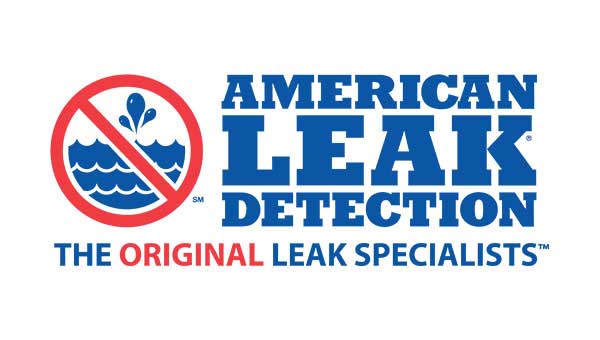Does a 'humming' noise from under the sink indicate a leak?

Does a ‘humming’ noise from under the sink indicate a leak?
Usually yes. A ‘humming’ sound coming from a water pipe is often a good indication of water loss occurring somewhere along the piping system. This can occur in two ways: Loss through a fixture or outlet (i.e. faucet or leaky toilet) or loss through an actual leakage point along the line.
It is pretty easy to understand the way a running fixture makes noise on pipes. Water flows at a rapid rate through the line and causes the pipe to vibrate as the water leaves the outlet. Also, friction created by the water flow against the inside of the pipe sends vibrations that can be detected by the human ear.
The sound created by a leak in the pipe itself is a little more complex to understand. Essentially, the humming sound created by a leak in the pipe is driven by a pressure difference between the water inside the pipe and the ambient atmospheric pressure around the pipe.
When a leak develops in a pipe, a pressure loss occurs in the pipe at the leak site as the pressure in the pipe tries to equalize with the pressure outside the pipe. This pressure loss creates pressure waves that travel in both directions down the pipe and away from the leak. We call this ‘leak energy.’
In most cases, the human ear alone cannot hear this leak energy. It takes electronic leak detection tools that amplify selected sounds. If you can hear the leak energy without equipment, there is a good chance the leak is close by or has developed in size enough to be quite loud.
If the humming sound you hear is not from flow or a leak in the pipe, a contact point between the pipe and a vibrating appliance or machine such as a refrigerator or air conditioning unit could also cause it.
In any of the cases mentioned above, you can save some time and money by taking a look around your home for some obvious clues. Double-check all of your interior faucets and toilets. Check outside hose bibs and valves, too. If you don’t find anything, you may need to call a leak detection specialist to perform further investigation with specialized electronic equipment and professional experience.
